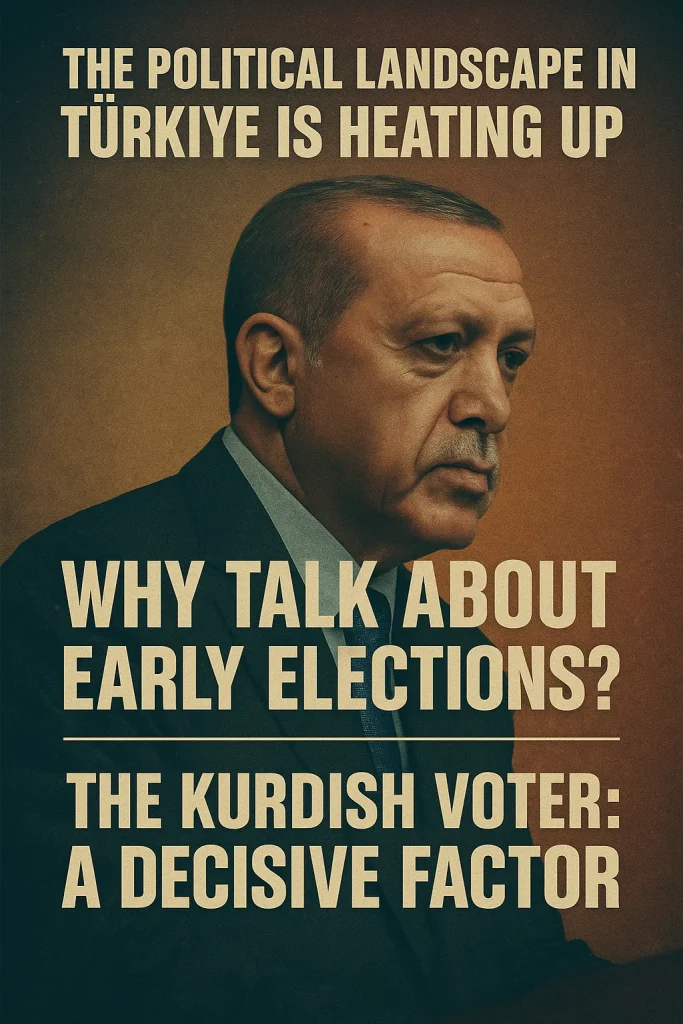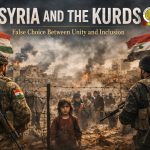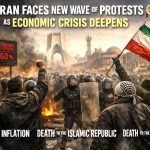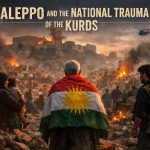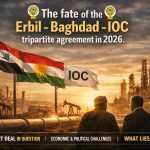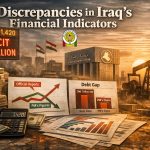The political landscape in Türkiye is heating up with growing speculation about early elections, long before the constitutionally mandated date of 2028. This is not mere media chatter. It reflects the depth of challenges facing the ruling People’s Alliance, led by President Recep Tayyip Erdoğan, as well as the fragmentation of the opposition. At the heart of the debate lies one key factor: the Kurdish voter, whose role could reshape the balance of power in any upcoming election cycle.
Why Talk About Early Elections?
Calls for early elections are driven by a combination of political, constitutional, and economic pressures. Three key questions dominate the discussion:
-
Can Erdoğan legally run for a third consecutive term?
-
Can he secure victory without new alliances?
-
Will he turn to Kurdish voters to secure another presidential mandate?
The shock results of the 2024 local elections intensified this debate. Erdoğan’s party suffered major losses in Istanbul, Ankara, and Diyarbakır, exposing a sharp decline in support—even in strongholds once considered safe. Much of this shift benefited the Kurdish-backed Peoples’ Democratic Party (HDP), signaling a serious threat to Erdoğan’s political dominance.
Economic and Constitutional Considerations
The economic burden of another election looms large. Campaigns demand massive investments in projects and subsidies, but austerity policies and pressure on public finances make such spending nearly impossible. Timing, therefore, may not be in Erdoğan’s favor.
On the constitutional side, Erdoğan retains the right to run again. Türkiye’s Constitutional Court and Supreme Election Board consider his first term (2014–2018) as part of the old parliamentary system. His current term (2018–2023) is treated as the first under the presidential system, which legally allows him to seek another term until 2033.
Erdoğan’s Political Calculations
Ultimately, Erdoğan’s decision rests on a mix of personal and political factors:
-
His health, which currently appears stable.
-
His willingness to fight another intense campaign.
-
His belief in his ability to govern until the age of 79.
But the defining challenge remains the Kurdish voter.
The Kurdish Voter: A Decisive Factor
Declining Kurdish support for Erdoğan’s Justice and Development Party (AKP) and the rise of the DEM Party present the greatest obstacles to his re-election strategy. Any serious analysis of Türkiye’s political future must examine the central role of Kurdish voters.
To regain ground, Erdoğan must:
-
Revive the stalled peace process with the Kurdistan Workers’ Party (PKK).
-
Improve local services in Kurdish-majority regions.
-
Address frustrations over governance in cities like Diyarbakır, where the HDP has consistently outperformed the AKP.
Playing the “Kurdish Card”
Erdoğan has long employed a delicate balancing act when addressing Kurdish demands. His strategy combines security rhetoric, cultural recognition, and religious unity, but its effectiveness has weakened over time.
Security and Stability Narrative
Erdoğan frames himself as the guarantor of stability—a message that resonates with conservative Kurds weary of decades of conflict. For many, voting AKP is seen as a “lesser evil” that ensures continuity and order.
Cultural Recognition and Dialogue
Under Erdoğan, Türkiye shifted from denial to cautious recognition of Kurdish cultural rights. Kurdish language education and broader cultural visibility became possible during his tenure. At the same time, peace talks with the PKK symbolized an attempt—however fragile—to resolve conflict through politics rather than force.
Ties with the Kurdistan Region of Iraq
Erdoğan’s strong relations with Kurdish leaders in Iraq, particularly Masoud and Nechirvan Barzani, have further shaped Ankara’s approach to domestic Kurdish issues. These ties add a regional dimension to his electoral strategy.
Religious and Conservative Discourse
Perhaps the most powerful element of Erdoğan’s playbook is Islamic conservatism. By invoking religious unity, slogans like “One Nation” and “Brotherhood in Islam” transcend ethnic divides, reframing the political struggle as “conservatives versus secularists” rather than “Turks versus Kurds.”
The Risks of the Strategy
While Erdoğan has skillfully used the Kurdish card in the past, it is no longer the guaranteed vote-winner it once was. The strategy now carries risks on both fronts:
-
Nationalist backlash if he concedes too much to Kurdish demands.
-
Kurdish skepticism if promises are not matched with meaningful reforms.
Striking a balance between these competing pressures may determine whether Erdoğan can secure victory in early elections—or risk losing his grip on power altogether.

